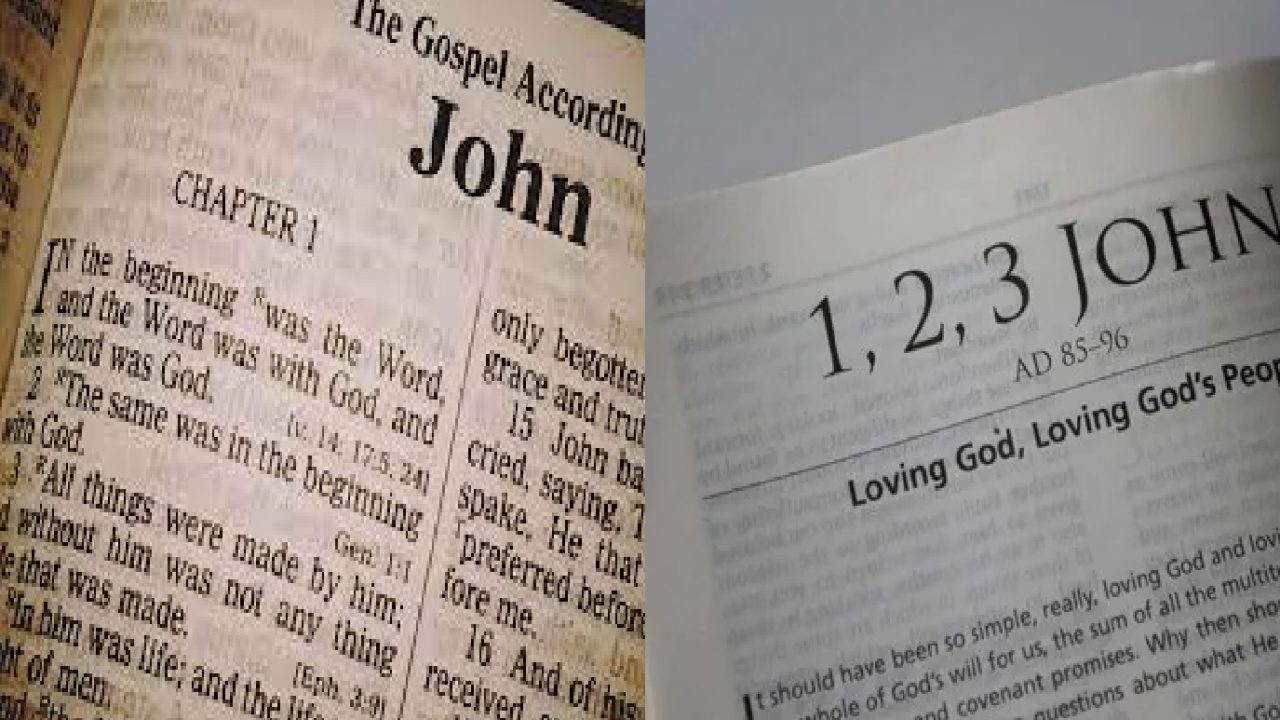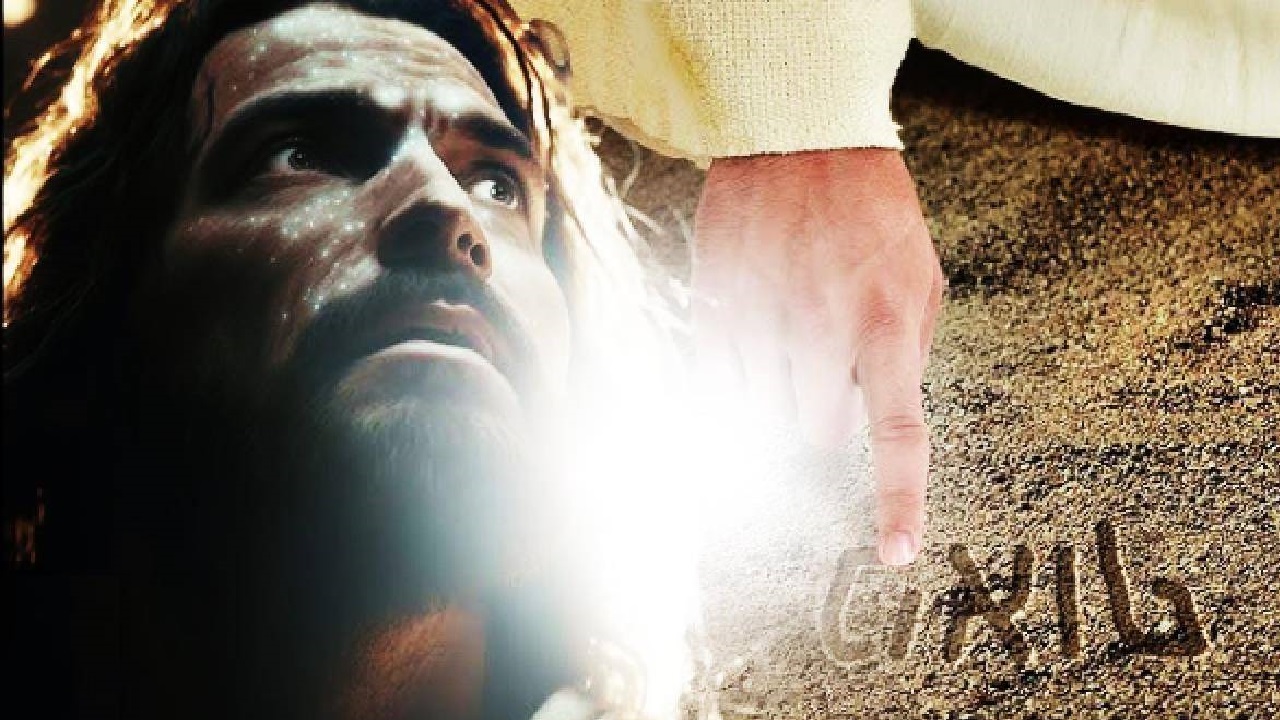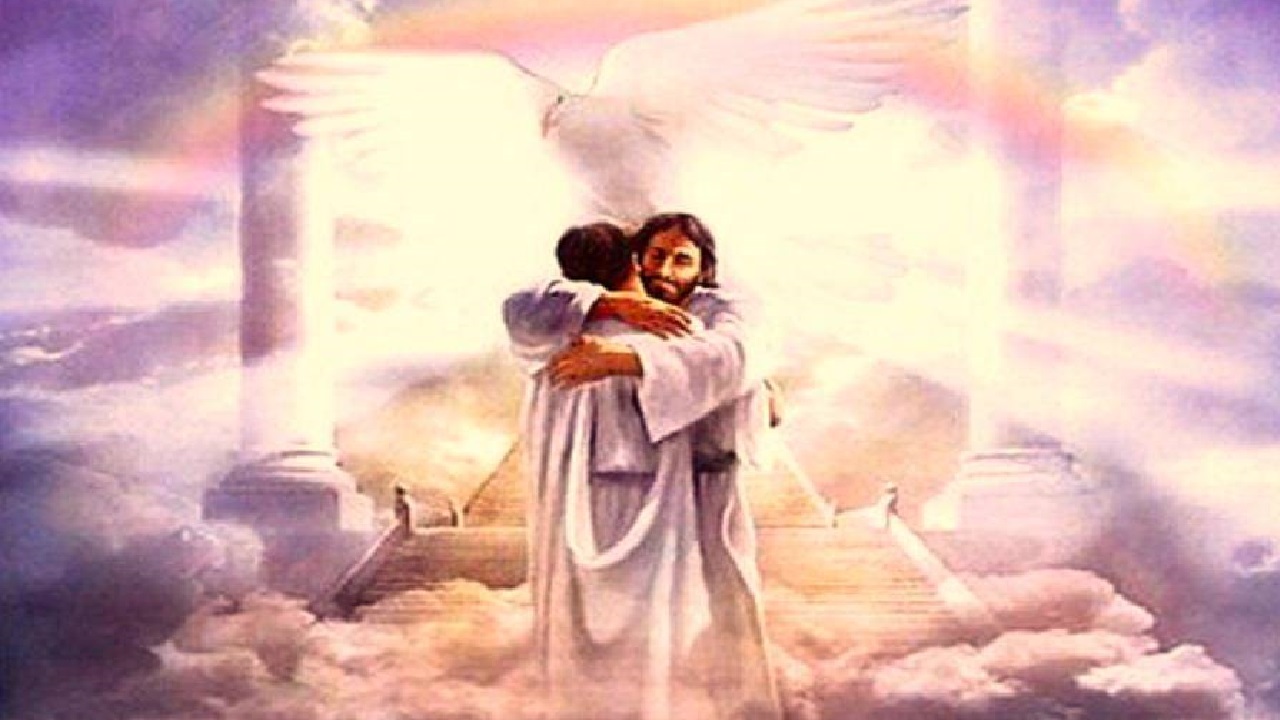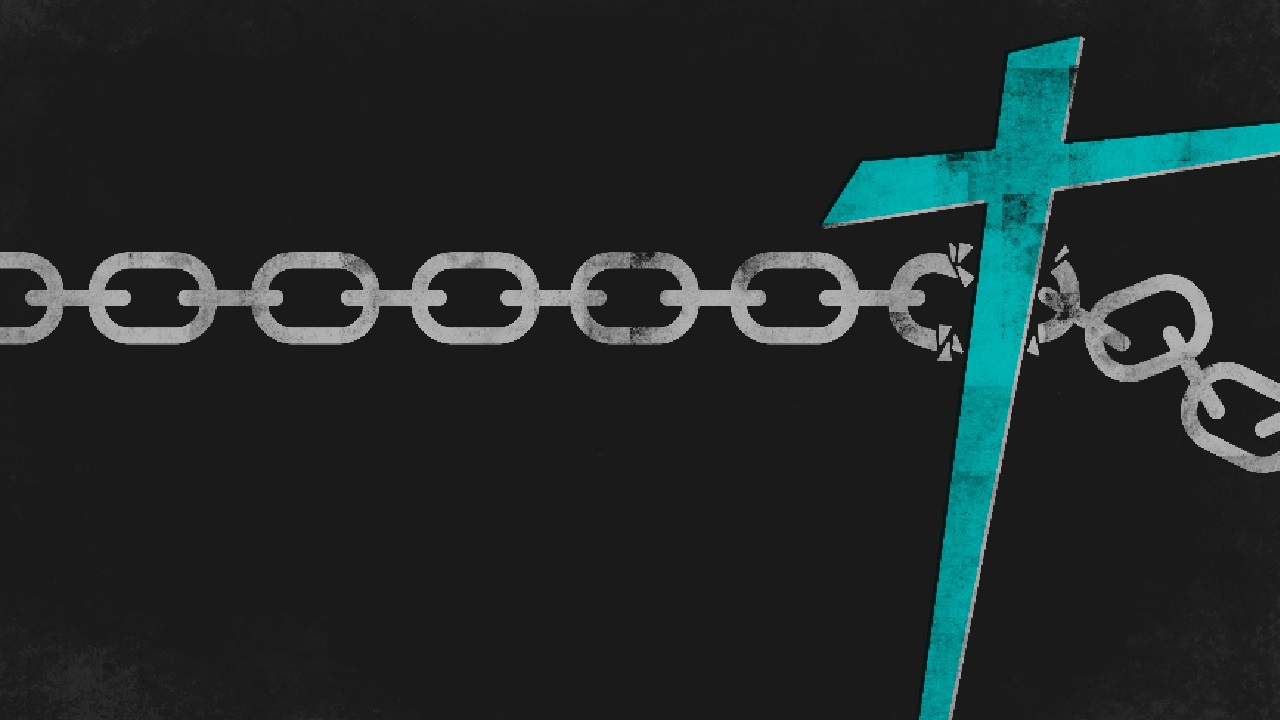Unlike the Synoptics, the writings of John use other terms to talk about the gospel as the word(s) of Jesus and the kingdom as eternal life, literally life of the age to come.
“Very truly I tell you, whoever hears my word [the gospel] and believes him who sent me has eternal life [the kingdom] and will not be judged but has crossed over from death to life.” John 5:24
So “It is noteworthy that in John eternal life is first mentioned after the only references in the Gospel to the KOG (3.15),” as George Ladd explains in his book A Theology of the New Testament.
Also unique to John is the theme that the born again Christian can have that kingdom-eternal life, of the age to come, even now!
“Truly, truly, I say to you, unless someone is born again he cannot see the kingdom of God.” “And anyone who believes in the Son has eternal life.” John 3:3, 36
George Ladd adds:
That this life which is resident in Jesus is nothing less than the life of the Age to Come is illustrated by the frequent connection between the present reception of life and its future enjoyment. Drinking of the living water that Jesus gives means that one will have within oneself a fountain of life that will issue in eschatological eternal life (John 4:4).
But we should not be confused in thinking that the Kingdom proper, i.e., that future, political restoration of the nation of Israel and by extension the rest of the nations, has already come. Christians have not received immortality, i.e., that indestructible, blessed life of the age to come now, in this present evil age. As Marianne Thompson explains in her book The God of the Gospel of John, p. 82-83, 2001.
The assumption that John dispenses with future resurrection would mean that he has significantly altered the view of resurrection found elsewhere in the documents of the NT or in the Judaism of the period [where] the dead are raised, not spiritually or metaphorically, but bodily… The data of the Gospel [of John] do not bear out the assumption that John has collapsed the future resurrection into a present quality of life… Language of being raised up remains resolutely attached to the future, to the last day [thus bringing] to fruition what the Father offers through the Son, the gift of life.
Ladd seems to agree when he points to the important fact that:
The future dimension of eternal life includes the resurrection…and those to whom Jesus has given eternal life, he will raise up in the last day (6.40, 54). Jesus is both life and resurrection. The one who believes in him may die physically; but she or he will live again at the last day. Since one already has this life through faith in Jesus, one will never die (11.25-26).
The point is that John is using biblical Hebrew ways of speaking for having something future promised as already with you. For example, in the OT God says to Abram “To your descendants I have given this land” (Gen 15.18) before it happened.
Paul says in Romans 8.28-30:
To those who are called according to His purpose: He foreknew, predestined, called, justified, glorified.
Similarly, back in John 17 Jesus prays to the Father to once again glorify him “with the glory I had with you before the world existed.” Yet, later in the same chapter Jesus says: I have given them the glory you have given me. And by them Jesus meant all Christians, past, present or future!
Again, the point is that the things based on what God the Father purposed and promised, before we even existed, are as good as done (fait accompli).
SUMMARY
- John uses different terms to talk about the gospel as the word(s) of Jesus and the kingdom as “eternal life,” lit. life of the age to come.
- John is in full agreement with the other Gospels that describe that blessed “eternal life” of the age happening when the kingdom comes.
- John uses well-known Hebrew idioms to explain how born again Christians have kingdom life in prospect and promise, but not in reality.
As Ladd so well put it, “one already has this life through faith in Jesus”! In other words, if you believe Jesus you have the promise of kingdom-life.




